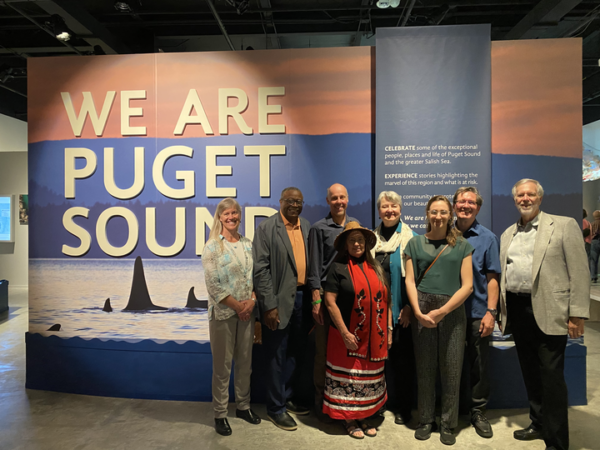Essentially, the two most important points of the decision are that:
- It was illegal for the state to have given away millions of gallons of water to certain water users retroactively and potentially cause harm to valid water rights that have been in place for years.
- It was illegal to redefine certain “developers” as “municipalities.” Because the law gave municipalities the right to retroactively get water that they did not have valid rights on, and redefined certain larger developers as municipalities, the law itself gave those special water rights to developers.
The decision, in essence, puts water law in the state back to where it was in 2003. While not fixing certain fundamental problems in our water law, the judge’s decision does invalidate key parts of this 2003 law which just made achieving efficient and fair water use even more challenging.
While it might be hard to imagine on a wet June afternoon in Seattle, water is a scarce resource in Washington State – on both sides of the Cascades. We need to make sure we use water is used more efficiently and that its use be fair as possible. And with population growth and looming impacts of global climate change, the pressures on our water supplies will only increase.
That is why WEC and others were so strongly spoke out against the 2003 Municipal Water Law. As passed by the legislature, it give away the millions of gallons of water a day to municipalities retroactively without consideration as to how that might impact the rights of valid water holders. By using those millions of gallons a day, municipalities could cause harm to valid water rights that had been in place for years at the time when this new law was passed. In addition, the law redefined certain larger developers as municipalities and thus gave them this newly created privilege of being able to jump back in time and grab huge amounts of water that others have a right to.
In 2006, WEC, along with the Center for Environmental Law & Policy, the Sierra Club, individual water rights holders, fishing interests, and a number of Indian tribes, filed the lawsuit.
Despite this win, the fight is not over, however, as the case is likely now headed to the state Supreme Court. WEC board member John Arum is the lead attorney for the tribal plaintiffs, and Earthjustice represents WEC and the other challengers.



